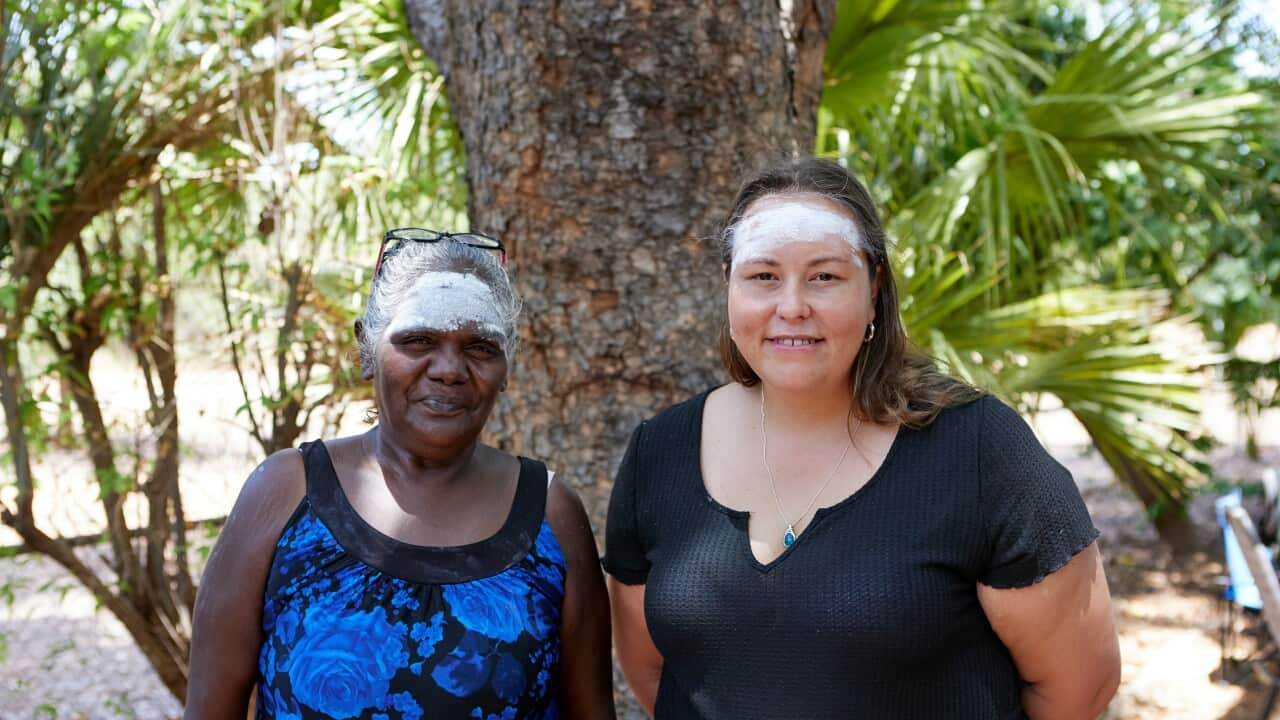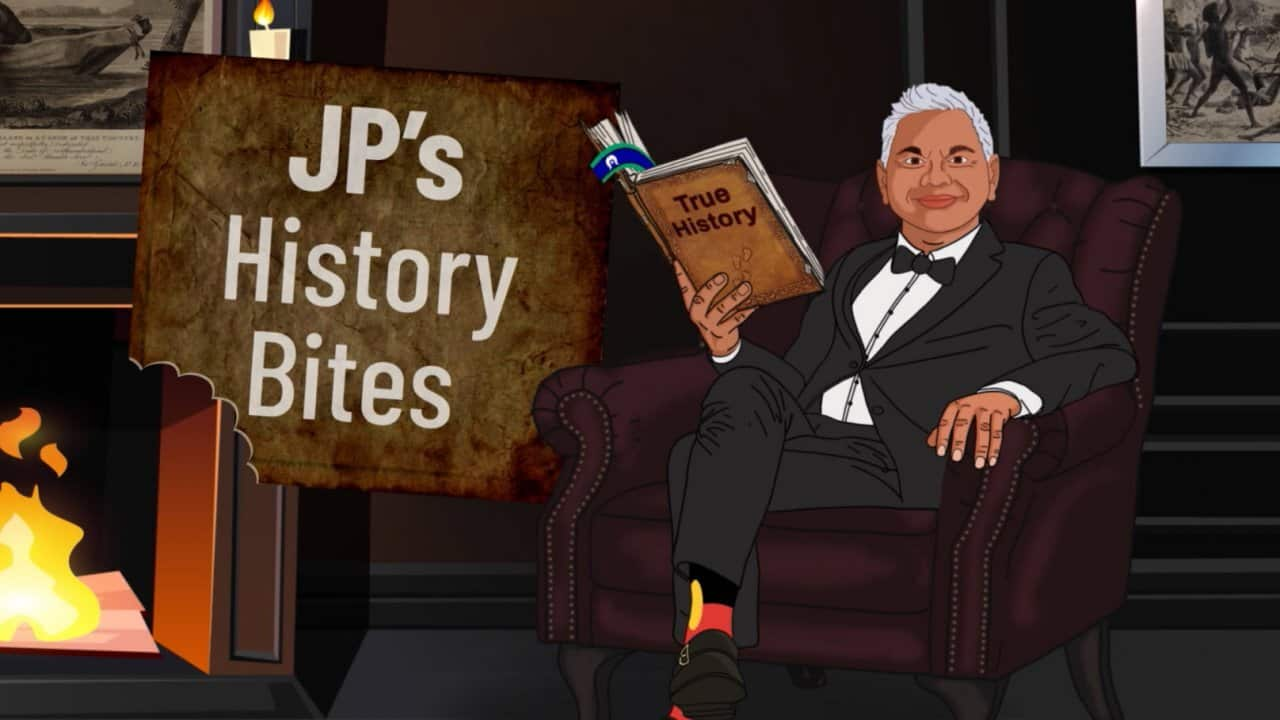The Yirrkala Bark Petitions were prepared and signed by Yolngu people in 1960s and sent to the Australian Parliament in a formal attempt by the Yolngu to have their land rights recognised.
They became the first traditional documents by Indigenous peoples to be recognised by the Australian Parliament.
‘One Heart, One Mind’ explores the petition's 1963 inception with footage and interviews.
Though it’s gone down in history as one of the pivotal moments in the fight for Indigenous rights and recognition, the documentary’s director, Professor Larissa Behrendt AO, says it was the family story of a Yolngu woman that drove her to make the film.
Yolngu woman Yananymul Munungurr's father, Dhunggala Mununggurr, is the sole surviving signatory of the barks.
Four copies of the barks were created, but for decades the fate of one of them was unknown. Its repatriation is documented in the film.
“In a way it follows [the repatriation], but for me, at the heart of it, Yananymul Mununggurr, who's one of the members of the Yirrkala community, is central to that repatriation," Professor Behrendt told NITV.
READ MORE

The Yirrkala Bark Petitions

Merrkiyawuy Ganambarr-Stubbs gazes at one of the Yirrkala Bark Petitions, held at the Buku-Larrnggay Mulka Art Centre in North-East Arnhem Land. Credit: Matthew Garrick/ABC News: Matthew Garrick
"To see that that was really moving. She's been such a strong vocal advocate for her community around rights. So in a way you can see how the politics of his generation have transferred down."
In a story with its fair share of momentous events and powerful characters, for Behrendt, it was Yananymul's story that spurred her to create the documentary.
“She was the real driver to me," she said.
"As soon as there was a strong Aboriginal woman at the heart of the story, it drew me into it and I admired her advocacy from afar because she has been such a staunch advocate, but the chance to actually work with her and tell her story was really significant.”
The claims made within the Petitions are just as relevant today as they were in the 1960s, says Professor Behrendt.
“You always ask yourself the question, 'why this story now?' And it seems to me that post the referendum, that request for consultation, that request for a seat at the table remains as relevant today as it did in 1963.
"And I think it speaks to the political sophistication of the Yolngu, that their claims to rights that are in those Yirrkala Barks still remain important documents, not just historically, but for our contemporary rights movement.”
She says it’s important to bring awareness of the Bark Petitions to wider Indigenous communities and all Australians.
“I hope for a First Nations story they can celebrate and see themselves and the resilience of the Yolngu people and feel connected to their advocacy and their claims for rights for a non-Indigenous audience, I hope it gives them an insight into how politically and legally sophisticated our communities have been and how strongly connected we remain to our culture."
One Mind One Heart premieres Sunday 19 January at 8.30pm on NITV, SBS and SBS On Demand as part of a curated week of First Nations programming and coverage exploring the history, strength and survival of Aboriginal and Torres Strait Islander peoples.











